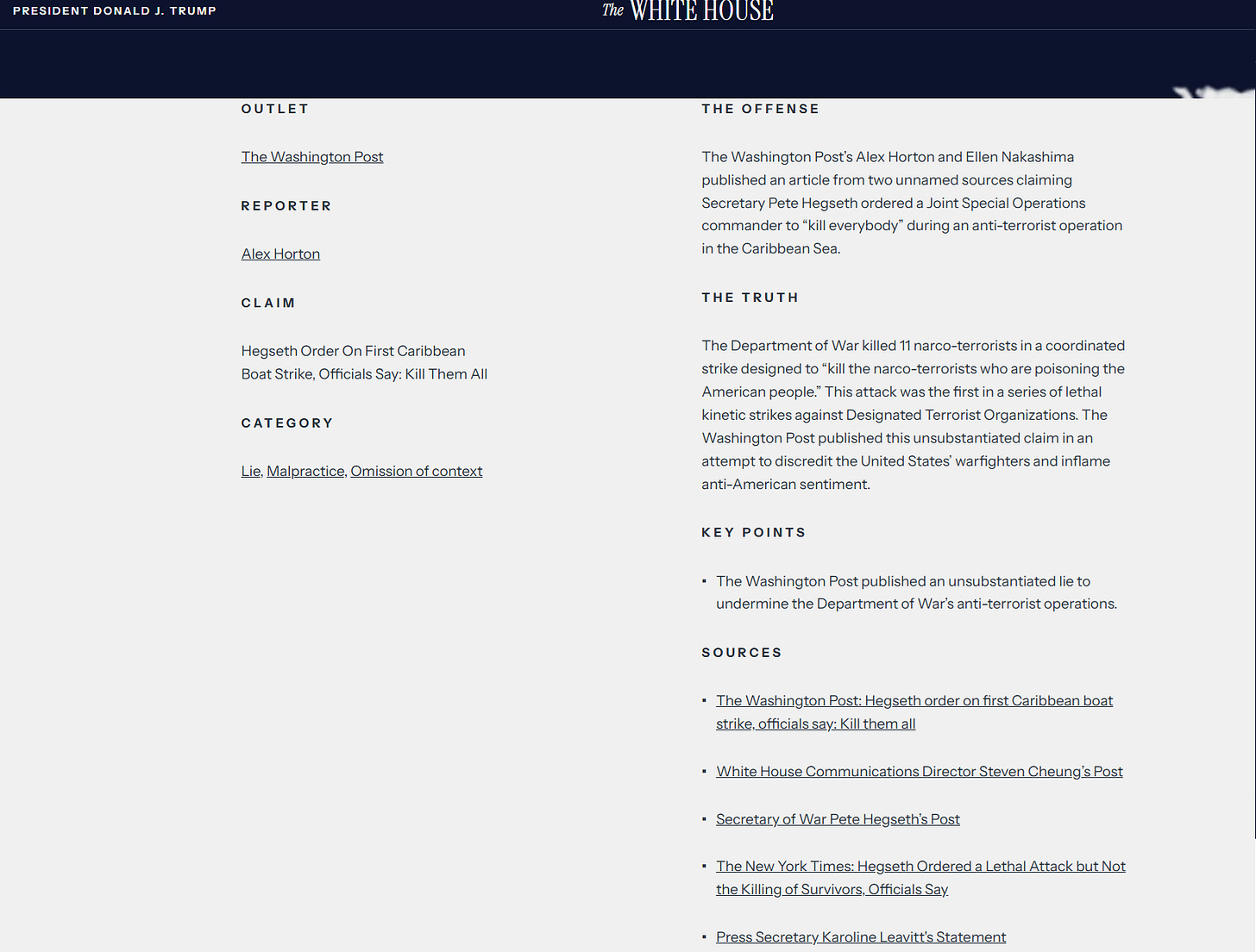 A tragic canard of history — i.e., the assertion: “Israel is the ancestral homeland of the Jewish people; therefore, we Jews have the right to return and establish a Jewish ethno-supremacist state.”
A tragic canard of history — i.e., the assertion: “Israel is the ancestral homeland of the Jewish people; therefore, we Jews have the right to return and establish a Jewish ethno-supremacist state.”
Only by a literal reading — i.e., cracked-brained — of Old Testament mythos can we Jews claim to be the people G-d choose to [ethnically cleanse] the Levant.
DNA analysis proves the Jews of the Torah are, wait for it, the Palestinian people (and that would include a certain rabble-rousing, empire-agitating rabbi known as Jesus of Nazareth). In contrast, my Jewish DNA reveals, my ancestors origins are from Europe e.g., Germany, France, Spain, Greece, with 4% traced to northern Iran and Iraq.
Thus we can conclude the “Israel is the ancestral homeland of the Jews” canard should be regarded as flat out, Flat Earth theory-level risible.
Conceived in lie Zionist perpetual crimes against humanity continue unabated:
A journalist and former detainee, identified as “Yahya” reports, during his year and ten month of incarceration in Sde Teiman prison, he was subjected to torture by electrocution, being beaten, starved, and was the victim of sexual assaults that were filmed by his jailers.
Yahya went on to relate he was sexually assaulted by a dog trained to inflict the act.
 Yet Ms. Rachel is accused of all forms of depravity, including “blood libel,” by defenders of Israel — a crime against humanity disguised as a nation.
Yet Ms. Rachel is accused of all forms of depravity, including “blood libel,” by defenders of Israel — a crime against humanity disguised as a nation.
May be an image of child and text that says ‘PET ES RECYCLE > Meeting Rahaf from Gaza’”
These are the people, when I, as a Jewish person, object to the conflation of Zionism and Judaism, hiss I am a self-loathing Jew and I am committing an act of treason against my tribe.
Truth be told: if I acted as an apologist for Israel, doing so would amount to an act of treason against my soul and I would loathe myself as I made the utterance.
Update from the annals of the “most moral army on earth.”
A CNN investigation has revealed the IDF opened fire on starving Palestinians while they were desperately attempting to secure flour in Gaza. Then the IDF used bulldozers to bury their corpses in mass graves.
Their deaths were not chronicled, nor was the location of their bodies disclosed to their families.
According to the UN, since the US-brokered “ceasefire” in Gaza, the Israelis have slaughtered an estimated 360 Palestinians (and counting).
The above, since the establishment of Israel, has been the Zionist state’s conception of peace. Moreover, any act of retaliation or even resistance by Palestinians are termed as acts of terrorism.
In the late 1930s, the Gestapo entered my family’s home, arrested my grandfather, and imprisoned him in Sachsenhausen concentration camp. If he and his fellow prisoners had escaped and fought their way through the streets of Berlin, the Nazi regime would have termed them terrorists — yet history would have lauded them as heroes.
This is the context of the Palestinian struggle from 1948 to the Oct. 7 Gaza prison breakout. The response of the Zionist state: a rampage of collective punishment.
By the standards of international law, a flagrant war crime; by Israeli standards — the modus operandi of Zionist tyranny.
 As brazen as SS (Schutzstaffel) officers who wore death-head skulls on their uniforms and US Jim Crow era Klansmen prone to brandishing lynching nooses, Ben-Gvir, Israeli Minister of National Security, Culture Minister Amichai Eliyahu, and other devotees to the radical right-wing death cult, masquerading as the Israeli government, have taken to affixing golden noose-pins to their lapels expressing their call for Palestinian detainees from Gaza be executed.
As brazen as SS (Schutzstaffel) officers who wore death-head skulls on their uniforms and US Jim Crow era Klansmen prone to brandishing lynching nooses, Ben-Gvir, Israeli Minister of National Security, Culture Minister Amichai Eliyahu, and other devotees to the radical right-wing death cult, masquerading as the Israeli government, have taken to affixing golden noose-pins to their lapels expressing their call for Palestinian detainees from Gaza be executed.
All as:
“An elderly woman and her son were among at least seven Palestinians killed in the latest Israeli attacks in Gaza, as the military continues to operate across the “yellow line” ceasefire demarcation.
“Health officials reported the killings on Saturday in Beit Lahiya, Jabalia, and Zeitoun, including a 70-year-old woman and her son, who were hunted down and killed by a drone in Gaza City.
Al Jazeera’s Hani Mahmoud, reporting from Gaza City, said the woman and her son were chased by a quadcopter drone about one kilometre [half a mile] from the yellow line and “left there to bleed to death” as the aircraft continued hovering overhead, preventing anyone from reaching them.”
Yet Israel’s apologists bristle and insist on their perpetual victimhood because the world views their genocidal rampage through Gaza and observers posit the mindset of all too many Israelis is analogous to that evinced by racist sorehead denizens of the Jim Crow ruled US Deep South and the blood-drenched actions of the Israeli government are Third Reich adjacent.
The conduct of the Zionist state is an affront to the memory of my relatives who perished in the flames of The Shoah. Israel defenders, to their shame, represent a whole new bloc of Holocaust denialists.
Yet, through the horror of it all, the world has witnessed the true nature of the Zionist ethno-supremacist state: i.e., a perpetual crime against humanity disguised as a nation.
All the Zionist hasbara lies, including social media trolling as a national enterprise, will not cause the world to forget what we have witnessed. And the Israeli citizenry senses the fact. A recent poll reports: 40 percent of Israelis are considering or making plans to leave the country.
Personally, I will welcome them if they come in the spirit of repentance.
More from The Department of Not In My Name
Zionists are attempting to bulldoze the reality of their lawless actions, to bury the people of the world’s awareness of the massive crimes against humanity Israel perpetrates, from Gaza to the West Bank, and outward towards their neighbors in the region — rather than face the reality that Zionism, the dream of an ethno-supremacist state, has been manifested as the blood-drenched, waking-life nightmare that it is.
Israel’s apologists, relentlessly, attempt to whitewash away the nation’s perpetual transgressions by means of the proliferation of propaganda and character assassination with the soul-defying agenda of imposing censorship and intimidate critics into silence.

Withal, a comment/threat made by a Zionist troll on a recent post of mine on the subject:
From Vincent ******* “We are noticing you. Never again. #noticing Jew-haters”
I replied, “can you say that with a World Two era, Hollywood movie German accent to achieve its full effect?”
Speaking of acting in a Third Reich-adjacent manner, from the fascist-minded homefront, Donald Trump is demanding stripping US citizenship from individuals who refuse to swear absolute fealty to the tenets of what he terms: “Western Civilization.”
Quote attributed to Mahatma Gandhi when asked what he thought of Western Civilization:
“I think it would be a good idea [if they tried it].” [A disputed quotation. — DV ed]
Withal, the US (a nation established in ethnic cleansing, slavery and genocide) has slaughtered over 4 million people of the Islamic faith since the early 1990s alone. Israel, a de facto Western nation, remains committed to ethnic cleansing and genocide, and the funds and weaponry to do so are supplied by the West.
Masked ICE thugs patrol US streets. The economic elite serially exploit all their greedhead minds survey, from the resources of the cupidity tormented earth to the bodies of teenage girls and women from power-devoid economic groups. As, all the while, rents, medical care, utilities, and food prices rise and rise when life’s necessities, in a civilized society, would be a birthright not a privilege of the few.
Yes, I agree with Mahatma Gandhi, we, in the West — where we have been brainwashed to believe our capitalist-imposed shackles are the very wings of liberty — should give civilization a go.
What else is on the minds of the civilized men of Western civilization?
Trump and his Heinrich Himmler toy soldier appointees to the US Department of War (Crimes) are careening towards an attempt at a military smash-and-grab of Venezuelan oil.

I thought I had witnessed the nadir of jingoistic stupid and soul-shriveling political class arrogance in the run up to the Bush-Cheney administration’s war of aggression waged against the people of Iraq. How could I have suffered from such pathology-based-optimism?
By any measure of sentience the history of imperial fuckery would serve to warn us off such a dance with catastrophe — in buying into such a dismal display of war mongering prevarication — such a psychopathic lust for mayhem and mass death.
The guiding god of empire (including the US imperium’s client state, Israel, is: Moloch, a God to whom the innocent are sacrificed. In modern imperium, his blood-crazed devotees, knowing his thirst is insatiable, proffer him libations of blood and oil.
Pete Hegseth insists his god is Jesus Christ but his guiding god is Moloch. This is the reason Hegseth does not, in any manner, regard the declarations of the Christian Messiah, The Prince Of Peace, blesser of the meek and peacemakers, Jesus Christ — who would demand of Tipplin’ Pete the question:
Why did God, the all-knowing Father, place the United States’ god-given oil beneath Venezuela’s commie soil?
Trump et al. are the emblems, in shambling human form, of the personality types i.e., one-dimensional, greed-crazed maniacs — human embodiments of the Second Law Of Thermodynamics — who cause the collapse of over-extended, corrupt-to-the-core empires.
Tragically, the remedy for the pathology of End Stage Empire is: the doubling down of said End Stage Empire by the dim and dismal machinations of belligerently obtuse imbeciles.
In this manner, Trump and his klavern of fools and tools have heard and are heeding the call of history.
Further dispatches from the realm of government-squatting fools:
The news has been “disclosed” by National Security State “whistleblower” insiders that “alien technology,” in the form of downed UAP/UFO craft and the remains of “nonhuman biologics” are in the (greed-rancid) hands of Military Industrial Complex (war) profiteers.
Of course, like a hammer that sees the world as an endless series of nails, these militaristic minded characters, straight out of a combination of Dr. Strangelove and Plan 9 From Outer Space, are warning us to watch the skies, and “be afraid, be very afraid!”
If we were not perpetually afraid, NSS and MIC types would be out of a job, wouldn’t they?
Think it through: If aliens possessed the tech they are purported to have, they could have blasted our species of bipedal, grifting ne’er-do-wells and genocidal knuckleheads to cosmic shitdust long ago and in an instant.
Same type of Big Lie storyline being deployed towards Venezuela — i.e., “narcotrafficking” Venezuelan fisherman, for the sake of US national security, must be bombed then survivors of the initial assault are to be “double-tapped” bombed.
Will we next be subject to official narratives reporting that UFO-manning aliens are the actual party delivering fentanyl to the decaying precincts of the collapsing republic?
If super intelligent aliens regard us at all, I suspect, it would be with the annoyance that we regard raccoons prone to upend garbage containers scattering the contents across the yard, albeit we humans, with our ecocidal, genocidal, and war making proclivities cannot be regarded as, in any manner, cute.
Consider this, the beauty and terror of it, at times, must be regard from what the poet Wallace Stevens termed to “central mind” of poetic imagination:
Out of this same light, out of the central mind,
We make a dwelling in the evening air,
In which being there together is enough. Final Soliloquy of the Interior Paramour, Wallace Stevens
As US empire, the global neoliberal order, and the Zionist state are falling apart — so are we.
We have been in service to a dictatorship of money, to a gangster imperium, and we are held and buffeted by the caprice of a soul-defying despotism that will kill what it cannot dominate.
Through it all, we are all storytellers conjuring tales of what isn’t and what has never existed. We are a fiction of possibilities, most of the latter being improbable.
How real is the tangible world that is invisible to us given its hidden-from-us order? Real enough to prove to us that it is us that must be regarded as unreal.
I am an ad hoc contrivance of myself. Only by surrendering to the implausible can I conjure a serviceable face to meet the day and to possess a modicum of plausibility I must allow myself to be transformed by the inchoate counsel of Impossible Angels.
You might not know it but, I suspect, the same goes for you.
Bear the above in mind as the world (we only believe) we know continues to fall apart.
The post
Not in My Jewish Name: From Israel’s (perpetual) Crimes Against Humanity to Slandering Ms. Rachel first appeared on
Dissident Voice.
This post was originally published on Dissident Voice.
 Most western mass media has been referring to China as imposing sanctions rather than countermeasures, but the distinction is important.
Most western mass media has been referring to China as imposing sanctions rather than countermeasures, but the distinction is important.














 Censorship
Censorship
